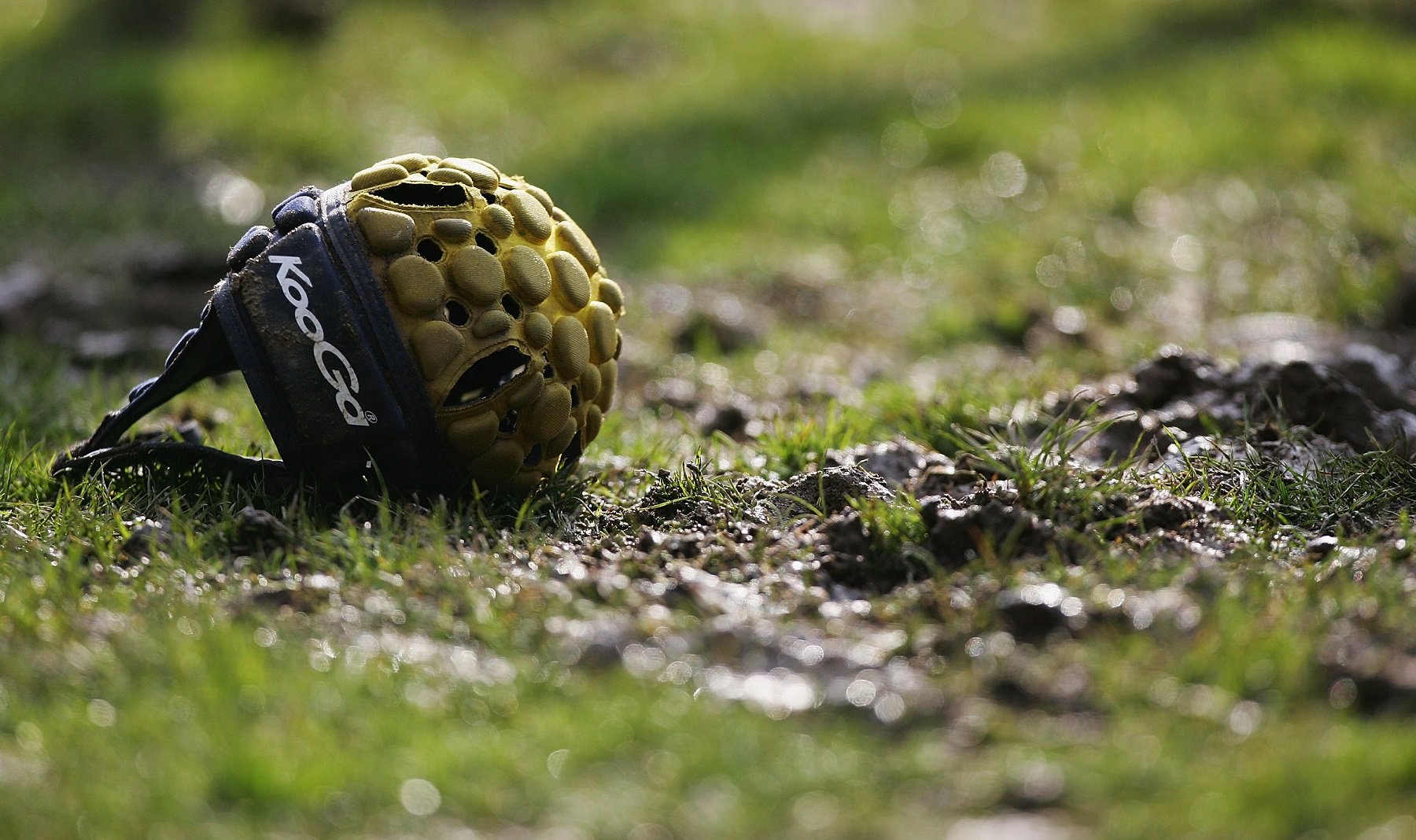Former Samoa Under 20 player dies because of head injury

Rugby has been rocked by yet another death, due to a head injury.
The Samoan Rugby Union has confirmed that former Under 20 international flanker Faiva Tagatauli died on Thursday after picking up a suspected head injury playing for Vaimoso Rugby Club on Saturday.
According to Reuters he asked to be replaced with 10 minutes to go in a match, leaving the pitch unaided, but then subsequently fell unconscious and then had a heart attack.
After four days in hospital the 27-year-old lost his fight for life.
“Our thoughts and prayers are with Faiva’s wife Seutatia, and their son as well as their family at Fagamalo at this time,” SRU chief executive Faleomavaega Vincent Fepuleai said.
“We will do all possible within our means to offer the support in this difficult time.”
“We work closely with the Rugby Players Associations and World Rugby to ensure training and awareness programs are rolled out through match officials, coaches and administrators.”
In December the French Rugby Federation (FFR) proposed to World Rugby that tackling above the waist should be banned.
The talks were arranged to discuss player welfare and safety following the tragic death of Stade Francais teenager Nicolas Chauvin, who suffered a heart attack after breaking his neck in a recent academy match against Bordeaux.
Chauvin was the third rugby player in France to die in 2018; in May 17-year-old Billom player Adrien Descrulhes died after suffering concussion, while in August Aurillac’s Louis Fajfrowski had a heart attack, with an investigation stating it may have been the result of taking a hit in the chest.
Laporte suggested that the legal height of tackles should be lowered and called for the introduction of a ban on two-player tackles and head-on-head tackles.
FFR president Laporte said: “The health of our players is an absolute priority for us. Our game must evolve fundamentally and rugby must become a game of movement where avoidance overrides the impact.
“For this, it is important to change attitudes and change the rules, especially on tackling. First by informing and training our players on the rules of the game and, beyond the technique, make them aware that they are also the actors of their own safety.”
The FFR offered to trial the laws in amateur competitions in France.
Watch: Six Nations coaches speak to RugbyPass











































































